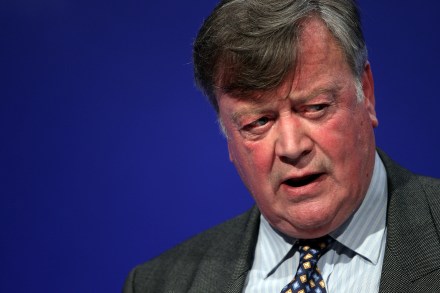The spotlight turns on Labour
It’s the story which has been simmering throughout the election campaign, and now it has has boiled over onto the front pages: fear and loathing in the Labour ranks. After rumblings in the Sunday Times yesterday, its sister paper splashes with the headline “Labour in turmoil as pressure on Brown grows”. And, inside, Francis Elliot and Suzy Jagger report on the “jockeying to replace Gordon Brown”. Meanwhile, the front of the Independent speaks of “growing recriminations in senior Labour ranks over a lacklustre campaign that has seen the party relegated to third place in opinion polls.” The spotlight is finally turning, white-hot, on to Labour – after ten days of















